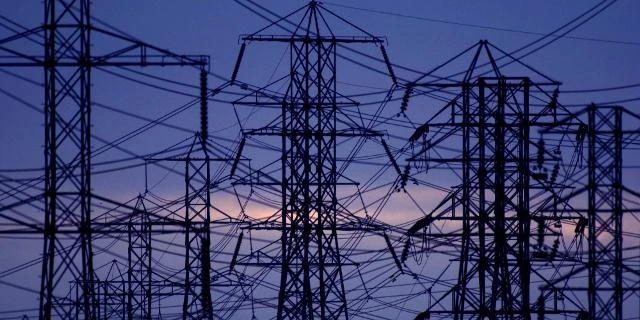 Abdulazeez Abubakar
1 week ago
Abdulazeez Abubakar
1 week ago
Overview
Nigeria Cuts Power Supply To Junta Niger By 42% To 46MW
Nigeria currently generates a little above 5000mw, barely enough for its over 200 million populace.
The cuts represent a 42 per cent reduction in power supply to the country.
Niger’s Energy Minister, Haoua Amadou, said the measure has led the country’s electricity production to fall by 30 to 50 percent, and forced state-owned power company Nigelec to impose planned power cuts that can last several days, especially in Niamey.
Nigeria suspended much of its electricity exports to the West African nation as part of regional sanctions against the junta that toppled civilian president Mohamed Bazoum in July 2023.
Nigeria has since resumed delivering electricity “but only providing 46 megawatts instead of the usual 80 megawatts”, Amadou said.
This is as Nigeria itself battles low power generation and supply due to low gas supply and low investments in infrastructure. The country currently generates a little above 5000mw, barely enough for its over 200 million populace. Experts say it requires at least 30,000mw to reach sufficiency.
Nigeria primarily generates electricity from thermal and hydroelectric sources, with natural gas being the dominant fuel for its over 29 thermal plants.
On Monday, power generation companies, popularly known as GenCos had threatened to shut down over N4tn legacy debt.
The power generation companies warned that they could no longer guarantee a steady electricity supply due to the worsening liquidity crisis in the electricity market, with outstanding debts now exceeding N4tn, comprising N2tn for power supplied in 2024 and N1.9tn in legacy debts.
The firms, under the aegis of the Association of Power Generation Companies, raised the alarm in a statement issued and signed by the Chairman of the Board of Trustees, Col.. Sani Bello (retd.).
They said the debt burden and operational constraints currently facing the companies could force an imminent shutdown of power plants if urgent interventions were not implemented.
The companies noted that plants were being paid less than 30 per cent of monthly invoices for power supplied to the national grid.
They warned that the continued non-payment for electricity generated and consumed on the national grid was pushing the Nigerian power sector towards a total collapse.
The statement, titled ‘Over N4tn unpaid invoices threaten GenCos imminent shutdown’, lamented the lack of a clear financing plan from the Federal Government, alongside worsening fiscal and operational constraints within the Nigerian Electricity Supply Industry.
They also accused the Nigerian Bulk Electricity Trading Plc and other stakeholders of neglecting GenCos in the application of the NESI’s “waterfall arrangement”, which sees other service providers receive 100 per cent of their market invoices while GenCos get as little as 9 per cent to 11 per cent of what is due.
The statement read, “The Power Generation Companies (‘GenCos”) are constrained to issue this press release to draw the attention of the Federal Government and key stakeholders to the need to urgently address the issue of inadequate payment for electricity generated by them and consumed on the national grid, which is currently threatening the continued operation of their power generation plants.
Weighing on the crisis, the Minister of Power, Adebayo Adelabu, pledged to address debt.
The special adviser to the Power Minister, Bolaji Tunji, in an interview, said the government was aware of the development and is making concrete steps to resolve the lingering issue.
He said that as part of the steps taken by the government, the Ministry of Finance will take charge of the payment very soon.
https://www.channelstv.com/2025/04/16/nigeria-cuts-power-supply-to-junta-niger-by-42-to-46mw/



